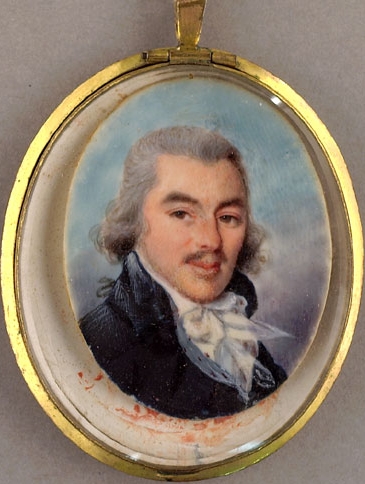<Back to Index>
- Physician Zabdiel Boylston, 1679
- Surgeon Charles Maitland, 1668
PAGE SPONSOR

Zabdiel Boylston, FRS (1679 in Brookline, Massachusetts – March 2, 1766) was a physician in the Boston area. He apprenticed with his father, an English surgeon named Thomas Boylston. He also studied under the Boston physician Dr. Cutler, never attending a formal medical school (the first medical school in North America was not founded until 1765).
Boylston is known for holding several "firsts" for an American born physician: He performed the first surgical operation by an American physician, the first removal of gall bladder stones in 1710, and was the first to remove a breast tumor in 1718.
He was a great uncle of both president John Adams and philanthropist Ward Nicholas Boylston.
During a smallpox outbreak in 1721 in Boston, he inoculated about 248 people by applying pus from a smallpox sore to a small wound on the subjects, a method said to have been previously used in Africa. Initially, he used the method on two slaves and his own son. This was the first introduction of inoculations to the United States. An African slave named Onesimus taught the idea to Cotton Mather, the influential New England Puritan minister.
His method was initially met by hostility and outright violence from some religious groups and most other physicians, and he was arrested for a short period of time for it (he was later released with the promise not to inoculate without government permission). In 1724, Boylston traveled to London, where he published his results as Historical Account of the Small - Pox Inoculated in New England, and became a fellow of the Royal Society two years later. Afterward, he returned to Boston.
Doctor Charles Maitland (1668 – 1748) was a Scottish surgeon who inoculated people against smallpox.
He inoculated two of Lady Mary Wortley Montagu's children during a smallpox epidemic: her five year old son in March 1718 in Constantinople, Turkey, and her daughter, who was four, in April 1721 in London, which was the first professional inoculation in England. The family promoted inoculation in England.
On 9 August 1721, Maitland received a Royal License that allowed him to test variolation on six prisoners in Newgate Prison. The experiment took place in August 1722, under the direction of Sir Hans Sloane. All prisoners survived, and one who was exposed to the disease proved to be immune. They were pardoned later that year.
In late 1722, Caroline of Ansbach ordered the inoculation of five orphans of St. James's Parish in London. Following their success, Caroline had Maitland inoculate her eldest son, Frederick, and one other child.
The surgeon died in Aberdeen, Scotland in 1748.